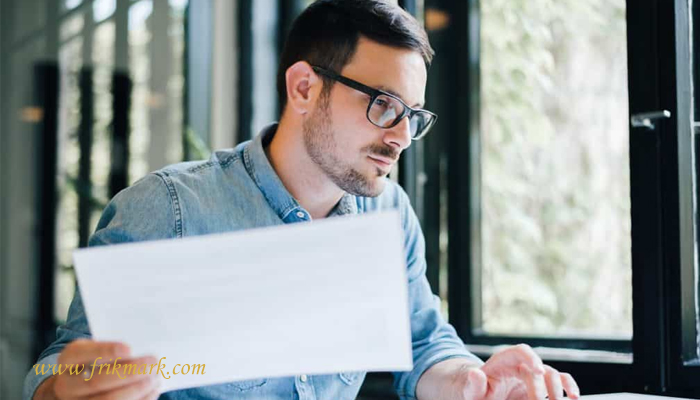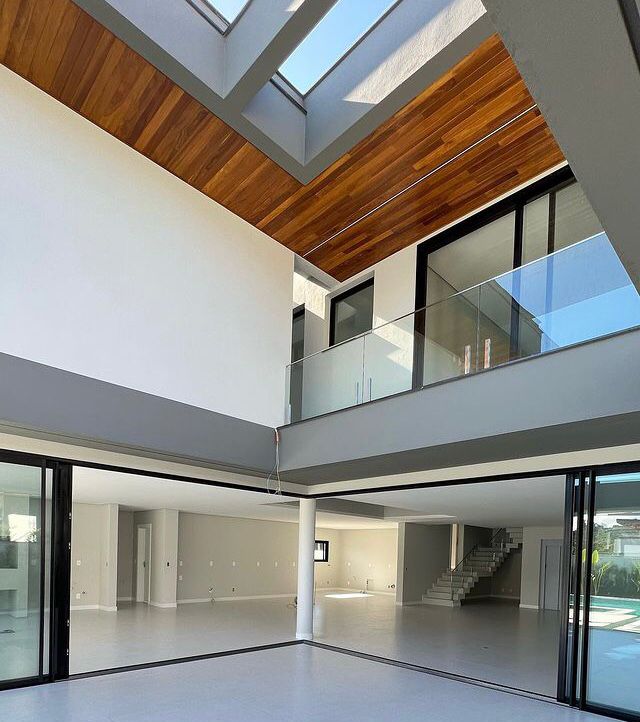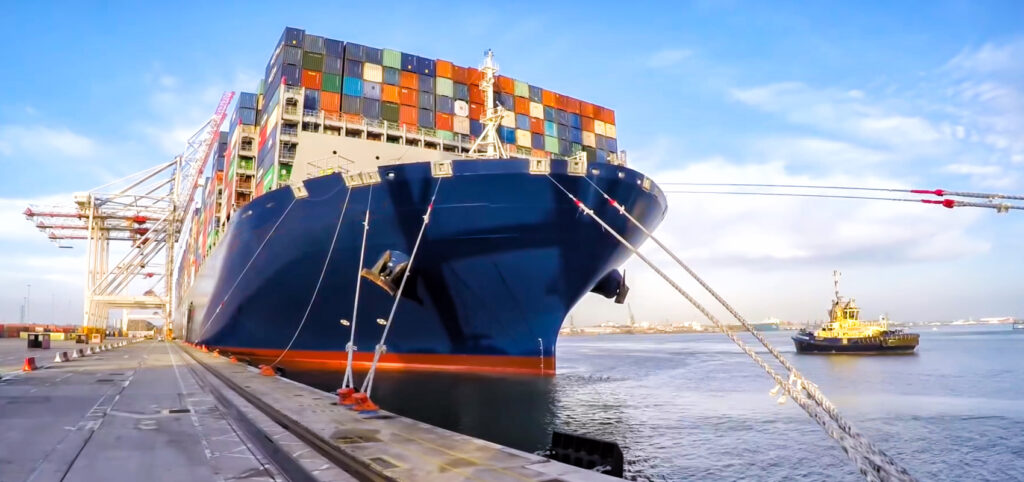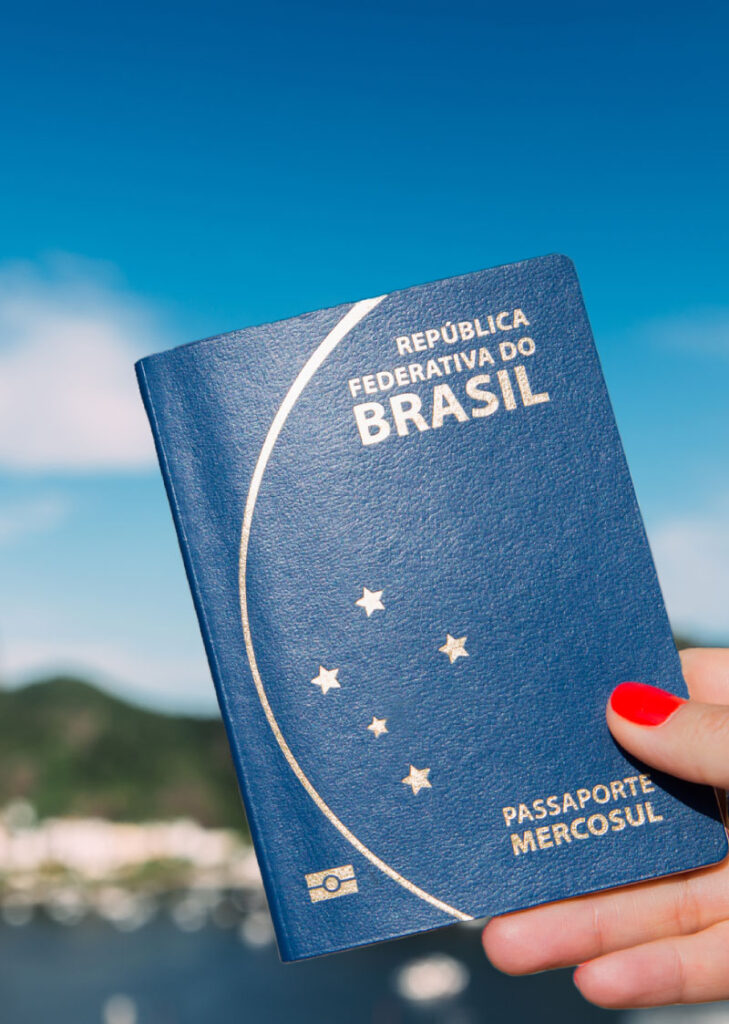Clearance in Brazil involves various steps and regulations that vary depending on the type of goods, origin, destination, and local regulations. Below is a list of key issues related to clearance in Brazil:
General Customs Regulations
-
As one of the largest economies in Latin America, Brazil has complex import and export laws and regulations. It is important for businessmen and traders who intend to operate in this country to be familiar with these laws and regulations. Below, we will examine the issues mentioned in your question:
1. Import and export laws and regulations in Brazil
- General rules : Import and export laws in Brazil are established and enforced by various organizations, including the Ministry of Economy, the Customs Agency, and other regulatory bodies. These laws are constantly changing and updated, so traders should always be aware of the latest changes.
- Specific regulations : In addition to general rules, there are also specific regulations for some goods and services. These regulations may include import and export restrictions, packaging and labeling requirements, technical and health standards, and so on.
- Trade agreements : Brazil is a member of the World Trade Organization (WTO) and also a member of Mercosur, the common market of South American countries. This membership gives Brazil certain advantages in terms of trade with other countries, including Mercosur member countries.
2. Documents required for clearance of goods
To clear goods from Brazilian customs, it is necessary to provide various documents, including the following:
- Commercial Invoice : This invoice contains information about the goods, their price, the seller and the buyer.
- Packing List : This list contains information about the number and type of packaging of goods.
- Bill of Lading : This document shows that the goods have been received by the shipping company and are to be transported to their destination.
- Certificate of Origin : This certificate shows in which country the goods were produced.
- Required permits : Some goods require specific permits from relevant regulatory agencies to enter Brazil.
3. Tariff classification of goods (HS Code)
- HS Code : The Harmonized Commodity Description and Coding System (HS) is an international system used to classify goods for the purpose of determining customs tariffs and other trade regulations.
- Importance of HS Code : HS Code helps traders and customs officials to correctly identify and classify goods and ensure the correct application of tariffs and regulations.
4. Taxes and customs duties
- Import Tax (II) : This tax is imposed on the import of goods into Brazil and its rate varies depending on the type of goods.
- Goods and Services Tax (ICMS) : This tax is a state tax imposed on the circulation of goods and services within Brazil.
- Other duties : In addition to the taxes mentioned, other duties may also be imposed on the import of goods into Brazil, such as duties related to transportation, warehousing, etc.
Goods clearance process
Clearing goods in Brazil is a complex, multi-step process that requires compliance with the country’s customs laws and regulations. In this guide, we will go into detail about the main steps of clearing goods in Brazil, with an emphasis on the items mentioned in your question:
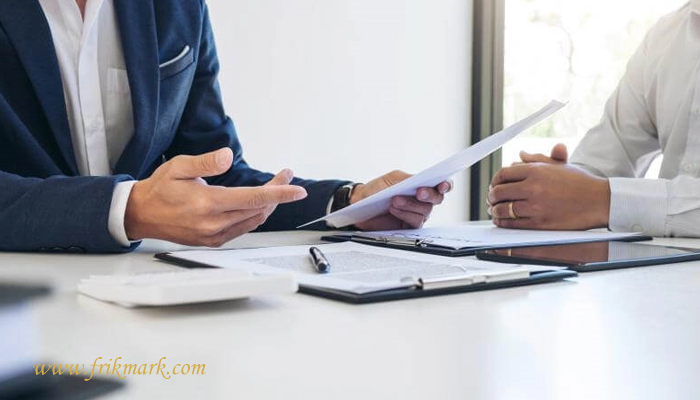
-
1. Registration in the SISCOMEX system (Brazilian Foreign Trade Management System):
- SISCOMEX is an online system used by the Brazilian government to manage foreign trade. All companies that intend to import or export goods to Brazil must register in this system.
- Registration in SISCOMEX involves providing information about the company, products and business activities. After registration, companies can send and track documents and information about their shipments through this system.
2. Customs Declaration (Import Declaration – DI):
- A customs declaration (DI) is a form submitted by the importer to declare the entry of goods into Brazil and request their clearance from customs.
- The DI contains detailed information about the goods, their value, origin and destination, and other relevant information. This form is submitted electronically through the SISCOMEX system.
3. Document control and goods inspection:
- After submitting the DI, Brazilian customs authorities review the documents provided and match them with the information available in the SISCOMEX system.
- If there are any deficiencies or ambiguities in the documents, the importer may be asked to make corrections or provide additional information.
- In addition to examining documents, customs officials may also physically inspect the goods to ensure the accuracy of the information provided in the DI and their compliance with laws and regulations.
4. Relevant licenses from regulatory bodies:
- Some goods, such as food, pharmaceutical, health products, etc., require specific permits from the relevant regulatory bodies to enter Brazil.
- These licenses are usually issued by government agencies such as ANVISA (National Health Surveillance Agency) and MAPA (Ministry of Agriculture, Livestock and Supply).
- Importers must obtain the necessary permits from the relevant entities before submitting the DI and submit them to customs along with other documents.
5. Payment of taxes and duties:
- After the documents are verified and the goods are inspected, the importer must pay the applicable taxes and duties. This payment is usually made through the banking system or online.
- After paying taxes and duties, the goods can be cleared through customs and enter the Brazilian market.
Special regulations for certain goods
-
As you mentioned, some goods require special regulations and permits from regulatory agencies to enter Brazil. These regulations are in place to protect public health, the environment, security, and national interests. Below, we will review the special regulations for the main categories of goods:
1. Food and agricultural products
- The Ministry of Agriculture, Livestock and Supply (MAPA) is responsible for overseeing the import and export of food and agricultural products in Brazil.
- To import these products, it is necessary that the goods have a health certificate and a certificate of origin and comply with Brazilian quality and safety standards.
- Some specific products, such as meat, dairy, fruit and vegetables, require special permits from MAPA.
2. Medicine and medical equipment
- The Health Surveillance Agency (ANVISA) is responsible for monitoring the import and export of medicines and medical devices in Brazil.
- To import these products, it is necessary that the goods have the necessary licenses from ANVISA and comply with Brazilian quality and safety standards.
- Some medications and certain medical devices require special permits from ANVISA.
3. Chemicals and hazardous materials
- The Brazilian Institute for the Environment (IBAMA) is responsible for monitoring the import and export of chemicals and hazardous materials in Brazil.
- To import these materials, it is necessary that the goods have the necessary permits from IBAMA and comply with Brazilian safety and environmental standards.
- Some specific chemicals and hazardous materials require special permits from IBAMA.
4. Technology and electronic products
- The National Telecommunications Agency (ANATEL) is responsible for overseeing the import and export of technological and electronic products in Brazil.
- To import these products, it is necessary that the goods have the necessary licenses from ANATEL and comply with Brazilian technical and safety standards.
- Some specific technology and electronic products require special licenses from ANATEL.
Import Tax (II – Import Tax)
Sure, here is an overview of import tax (II) in Brazil:
Import Tax (II)
Import tax is a federal tax imposed by the Brazilian government on imported goods. It is intended to support domestic industries, increase government revenue, and regulate trade flows.
Import tax rates
Import tax rates vary depending on the type of goods, the origin of the goods, and other factors. In general, import tax rates can range from 0% to 60%.
Import tax calculation
Import tax is calculated based on the customs value of the goods, which includes the price of the goods, transportation costs and insurance up to the port of entry in Brazil. The formula for calculating import tax is as follows:
Import tax = (Customs value of goods + Import duty) * Import tax rate
Import tax exemptions and reductions
Some goods and services are exempt from import taxes or have reduced rates. These exemptions and reductions usually apply to essential goods, capital goods, goods used in scientific and technological research, and other specific cases.
Paying import taxes
Import taxes must be paid before customs clearance. Tax payments can be made through authorized banks or through the Brazilian government’s online payment system. How to open an account in Brazil ?
Import tax regulations
Import tax regulations in Brazil are complex and constantly changing, so it is important for traders and importers to be familiar with the latest laws and regulations.
Goods and Services Tax (ICMS – Imposto sobre Circulação de Mercadorias e Serviços)
The Goods and Services Tax (ICMS) is a state tax in Brazil imposed on the circulation of goods and services within the country. It is one of the main sources of revenue for the states and plays an important role in the Brazilian economy.
How does ICMS work?
ICMS is a type of value-added tax (IVA), meaning that at each stage of the production, distribution and sale of goods or services, the value-added tax is applied to that stage. This system prevents tax accumulation along the production and distribution chain and leads to greater transparency in the tax system.
ICMS rates:
ICMS rates are set individually by each state and can vary depending on the type of goods or services, the state of origin and destination, and other factors. In general, ICMS rates range from 7% to 18%.
ICMS calculation:
Calculating ICMS is relatively complex and requires a good knowledge of tax laws. In general, ICMS is calculated and deducted from the value of the goods or services.
ICMS exemptions and discounts:
Some goods and services are exempt from ICMS or have reduced rates. These exemptions and reductions usually apply to essential goods, educational services, health services and other specific items.
Also read: Obtaining a Brazil Visa
Challenges and problems of goods clearance
Clearing goods in Brazil can be a complex and challenging process. Here are some of the challenges and issues you may encounter along the way:
1. Complex laws and regulations: Brazil has complex customs laws and regulations that can be confusing for foreign traders. Frequent changes to these laws can also make things more difficult for traders.
2. Bureaucracy: The clearance process in Brazil is often accompanied by a lot of bureaucracy. This can lead to delays in clearance and increased costs.
3. Language barriers: Portuguese is the official language of Brazil and many customs documents and forms are in this language. This can be a problem for traders who are not familiar with the language.
4. High costs: The costs associated with clearing goods in Brazil can be high. These costs include customs fees, shipping costs, warehousing costs, and other costs.
5. Infrastructure Problems: Transportation infrastructure in Brazil may face problems such as traffic jams, lack of facilities, and road damage. This can lead to delays in the delivery of goods.
6. Corruption: Corruption can be a serious challenge in some parts of Brazil’s customs department. This can lead to bribery and other problems.
7. Exchange rate fluctuations: The Brazilian real exchange rate can fluctuate greatly. This can affect the costs of importing and exporting in Brazil .
8. Problems with documentation: Any defects or errors in the documentation related to the goods can lead to delays in clearance or even their seizure.
9. Strict Inspections: Customs inspections in Brazil can be strict and lead to delays in clearance.
10. Specific restrictions: Some goods may face specific restrictions for entry into Brazil.
Solutions to address challenges:
- Use the services of an experienced customs broker: An experienced customs broker can help you complete the clearance process and deal with challenges.
- Complete and accurate documentation: Ensure that all documents related to the goods are prepared completely and accurately.
- Careful planning: Before starting the clearance process in Brazil , plan carefully and consider all the steps.
- Contacting customs authorities: If any problems arise, contact customs authorities and try to resolve them.
- Familiarize yourself with the laws and regulations: Before starting any business activity in Brazil, familiarize yourself with the country’s customs laws and regulations.
Providing clearance services in Brazil with Frikmark

With full knowledge of Brazilian customs laws and regulations, this company can assist you in completing various clearance procedures, including the following:
- Registration in the SISCOMEX system: Frikmark can facilitate your registration process in this system.
- Preparation and arrangement of documents: This company can assist you in preparing and arranging the documents required for clearance of goods, such as commercial invoices, packing lists, bills of lading, certificates of origin, and other documents.
- Customs Declaration (DI): Frikmark can submit your customs declaration electronically through the SISCOMEX system.
- Tracking clearance processes: This company can track the clearance processes of your goods from Brazilian customs and resolve any problems that arise.
- Payment of taxes and duties: Frikmark can assist you in paying taxes and customs duties related to your goods.
- Transportation and Warehousing: This company can also provide you with transportation and warehousing services.
Benefits of using Frikmark services
- Save time and money: By using Frikmark services, you can save time and money.
- Preventing Problems: With full knowledge of customs laws and regulations, this company can prevent any problems from occurring in the goods clearance process.
- Ensuring the correctness of the procedures: By using Frikmark services, you can ensure the correctness of the clearance procedures.
